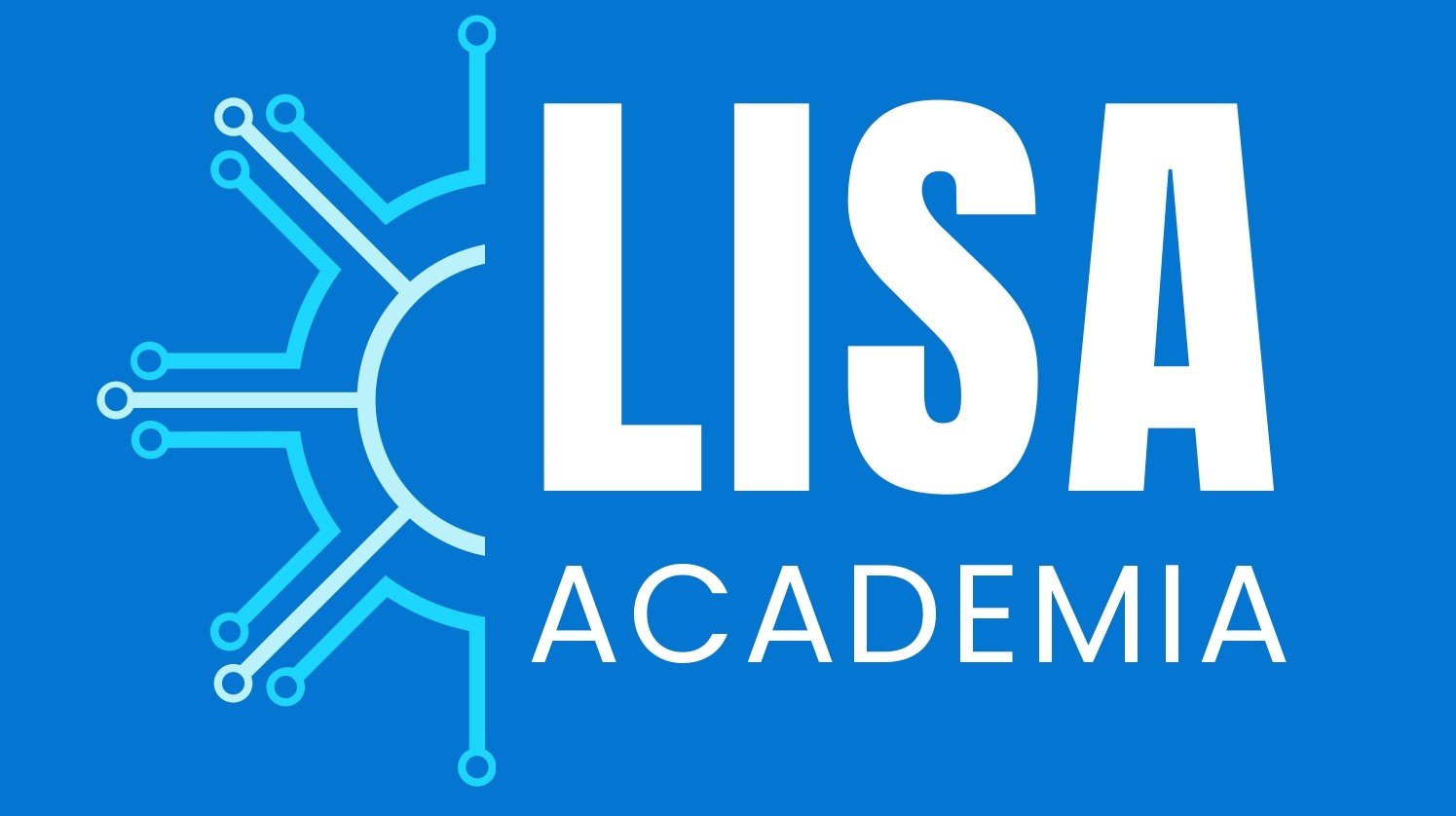Chemistry is the study of matter, its properties, and how it interacts with energy and other substances. In high school chemistry, you’ll explore the basic building blocks of matter, called atoms, and how they combine to form molecules. You’ll also learn about different types of chemical reactions, the periodic table, and the principles that govern how substances change and react with each other. Understanding chemistry is essential because it explains the world around us—from the air we breathe to the food we eat, and even the energy we use to power our homes. Through experiments and observations, you’ll discover the laws of nature that control the chemical processes all around us.
In the Ontario high school chemistry curriculum, students dive deeper into the foundational principles of chemistry through both theoretical learning and practical experiments. Topics such as atomic structure, chemical bonding, and molecular compounds are explored in greater detail to provide a strong understanding of matter at the atomic level. Students also study chemical reactions, including balancing equations, stoichiometry, and energy changes in reactions (thermochemistry). The curriculum emphasizes inquiry-based learning, critical thinking, and problem-solving, aligning with real-world applications like environmental chemistry and sustainable practices. Safety in the lab and ethical considerations around chemical use are also key components, ensuring students are prepared for more advanced scientific studies and everyday applications of chemistry in their lives.

